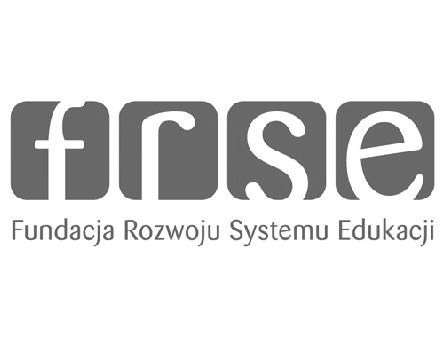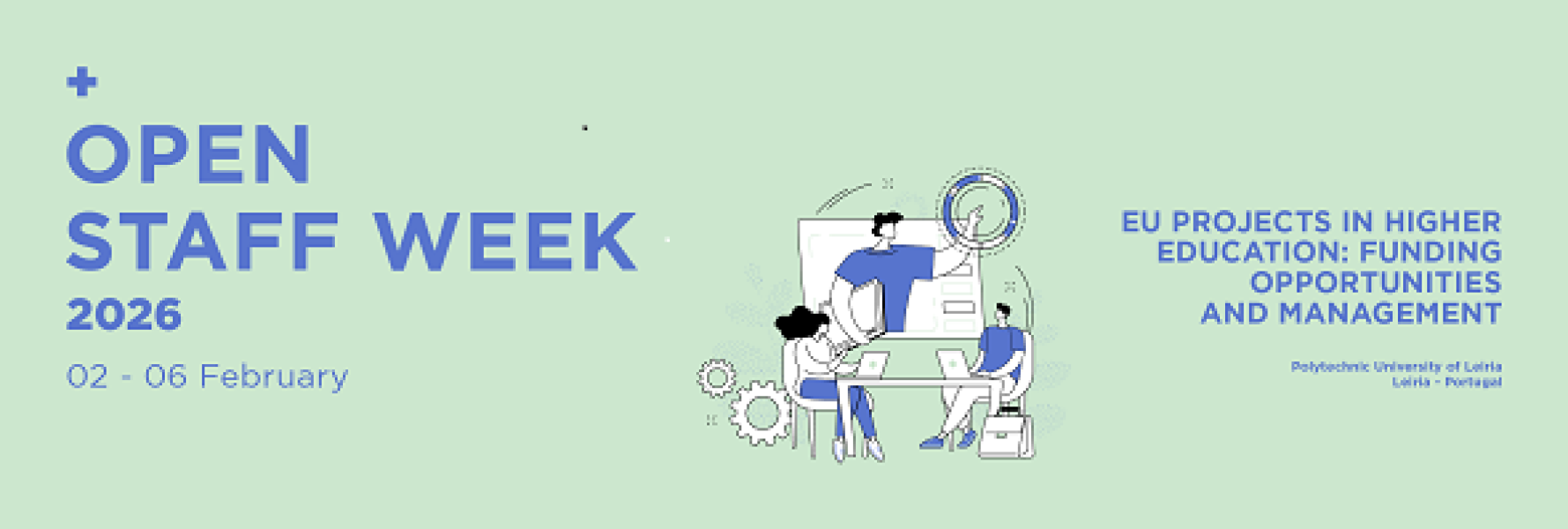EU Projects in Higher Education – Funding Opportunities and Management
Hosting Higher Education Institution: | Polytechnic University of Leiria |
Application Form | |
Institution website: | |
Country: | Portugal |
Language: | English |
Dates: | Monday, 2 February, 2026 to Friday, 6 February, 2026 |
Registration fee: | 80€ |
Fee reductions/waivers: | 50€ until 20 of December |
Maximum number of participants: | 37 |
Deadline for applying: | Thursday, 15 January, 2026 |
Accommodation: | Accommodation not provided ( we will help to accommodate you upon your particular requests |
Contact person details: |
This Open Staff Week course is designed specifically for university staff involved in planning, managing, and developing EU-funded projects.
It provides a practical and comprehensive introduction to Project Cycle Management (PCM), along with essential tools and techniques to ensure the successful implementation and oversight of EU projects.
Whether you are engaged in the technical or financial aspects of project management or play a role in strategic planning and business development within your institution, this course will give you the knowledge and skills to manage EU-funded projects with confidence and precision.
Particularly beneficial for university administrators, project officers, and financial managers, the course also helps those responsible for allocating resources to understand the financial complexities and risks associated with EU projects.
You will learn how to identify potential risks and apply effective mitigation strategies at different stages of the project cycle.
Through interactive sessions and hands-on exercises, participants will develop practical skills in setting up monitoring and evaluation tools, which are crucial for ensuring accountability, transparency, and project success.
Key Learning Outcomes:
Develop in-depth knowledge of EU project reporting processes
Understand the requirements for visibility, communication, and dissemination of project results
Prepare for EU audits and understand related obligations
Learn the importance of ongoing project monitoring and self-evaluation
Design and apply practical evaluation tools tailored to university project needs
Identify financial risks and implement effective mitigation strategies



